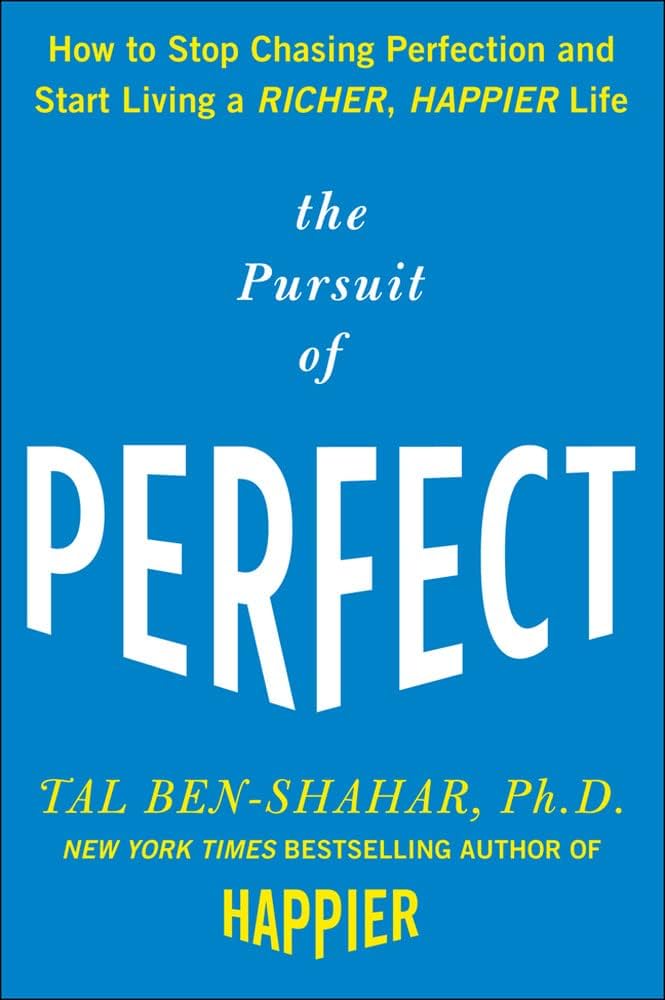
After the last book, I figured I could use a bit of an easier read, so back to something non-fiction! On top of that, back into the well trodden field of self improvement books, because no matter how many times I read one I hate, they are simply the easiest ones to get through when I need to give my brain a break while also really wanting to read something.
The hypothesis of the book is essentially that to live optimally is better than to live perfectly. Failure helps to build resilience and allows you to better appreciate accomplishments, as well as giving yourself a better chance to explore the world and your interests. A lot of the book is about how becoming more comfortable with failure will help you to become happier because failure is a natural part of how we learn and grow. Also the idea that striving perfection will not lead to happiness because once you accomplish perfection, the goal posts will move so that you can never really achieve it. Or you achieve it, and then what?
I surprisingly liked the ideas in the book, though know that if I read it a few years ago I would have absolutely hated this. It can come across as antagonistic to people who are perfectionists, but reading it where I’m at now I see it more as trying to pass along advice to a past self. While I don’t agree with everything in the book and I think there are a few areas where there’s a lack of understanding of what’s practically happening in the world, the ideas are overall good.
I think my biggest issue with the book is the order of the three sections. It starts with the examples, then moves into the theory, and finishes off with the practical applications. Theory really should have been first.
Surprisingly, I liked it. Some good points, and some things to consider in the end that I think were very interesting. There’s also a few exercises that I think could be useful to people who are starting out on that journey to break out of perfectionism.